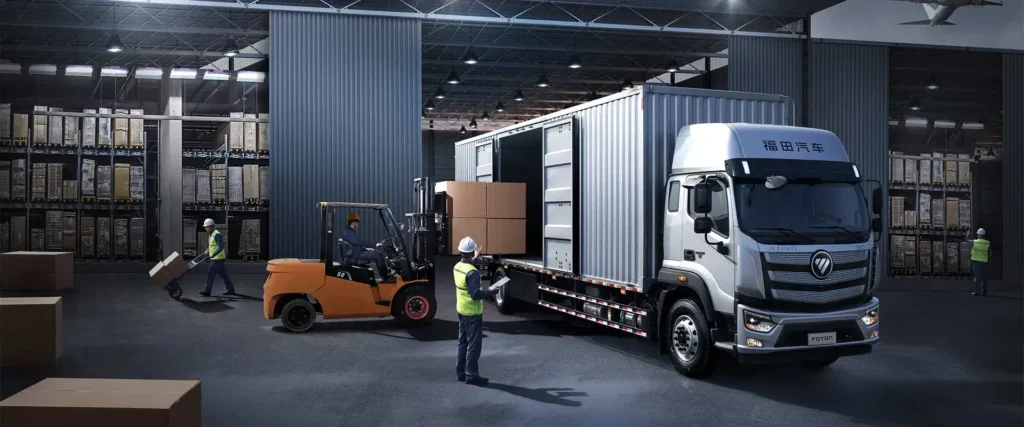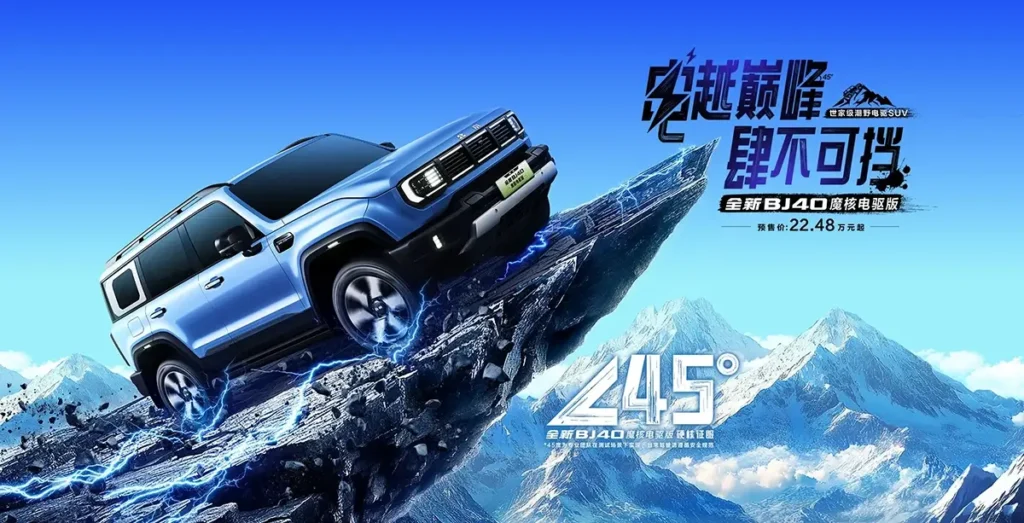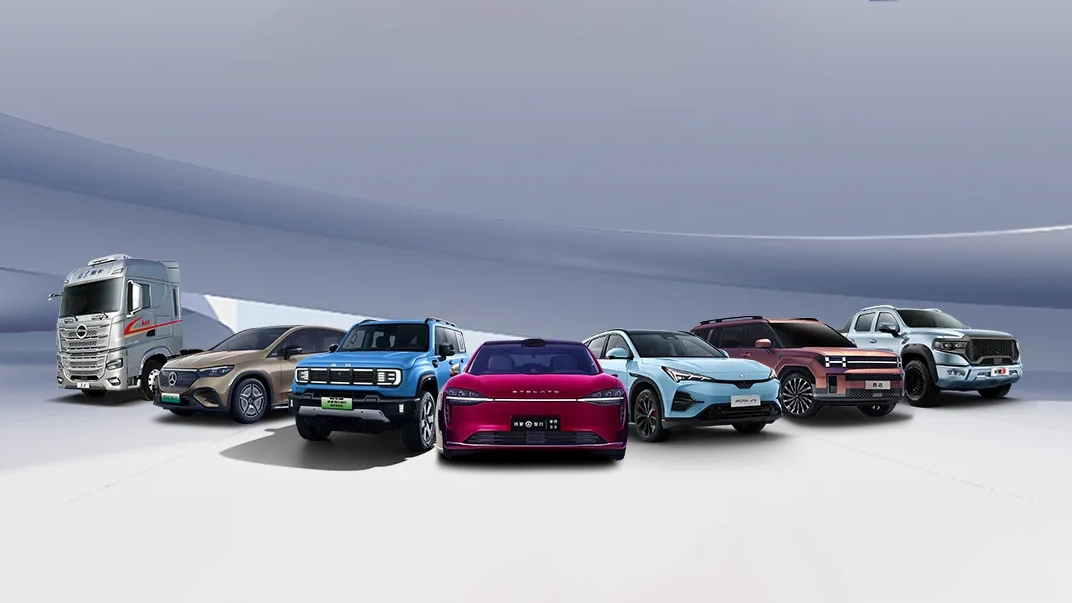Beijing Automotive Industry Holding Co. (BAIC), a state-owned automotive giant headquartered in Beijing, has been a driving force in China’s automobile industry since its inception. With a history spanning over six decades, BAIC has evolved from a domestic manufacturer of military vehicles into a global player renowned for its technological innovation, strategic partnerships, and ambitious expansion. This article explores BAIC’s journey, core operations, and vision for the future.
Company Overview
Established in 1958, BAIC is one of China’s “Big Five” automakers, operating under the umbrella of the Beijing municipal government. It oversees a diverse portfolio of subsidiaries, including BAIC Motor (passenger vehicles), BAW (military and off-road vehicles), and Foton Motor (commercial trucks and buses). As of 2024, BAIC employs over 120,000 people and has expanded its presence to more than 100 countries, with annual sales exceeding 1.5 million vehicles.

Historical Evolution
- Early Years (1950s–2000s):
BAIC began as a manufacturer of military and utility vehicles under the “Beijing” brand. In the 1950s, it produced China’s first domestically developed sedan but later exited the passenger car segment due to technological limitations 16. The company shifted focus to commercial vehicles and forged joint ventures with global automakers like Daimler (Mercedes-Benz) and Hyundai, which laid the foundation for modern production techniques. - Revival of the “Beijing” Brand (2008):
At the 2008 Beijing Auto Show, BAIC unveiled a new lineup of “Beijing”-branded passenger cars, including hybrid and SUV models, marking its re-entry into the competitive passenger vehicle market. Production commenced in 2010, targeting mid-market consumers.

- Global Ambitions and Acquisitions:
BAIC pursued international growth through acquisitions, such as purchasing Saab’s technology for $200 million in 2009 to develop its vehicles. The company also bid for Opel and Volvo, though these attempts were unsuccessful.
Technological Innovation
BAIC has prioritized R&D to compete in the electric vehicle (EV) era:
- Saab Technology Integration: After acquiring Saab’s intellectual property, BAIC invested 33 billion yuan ($4.8 billion) over three years to develop proprietary models like the Senova D50, leveraging Saab’s platform for enhanced safety and performance.
- Sustainability Focus: BAIC introduced advanced air quality systems, such as its Recirculation Mode technology, which filters and recirculates cabin air to combat pollution—a feature highlighted in its vehicle designs.
- EV Expansion: BAIC’s BJEV (Beijing Electric Vehicle Co.) subsidiary became a leader in China’s NEV market, producing affordable EVs like the EC Series, which dominated sales charts in the mid-2010s.
Strategic Partnerships and Global Reach
- Joint Ventures:
- Hyundai: Produces popular models like the Elantra and Tucson for the Chinese market.
- Daimler: Manufactures Mercedes-Benz vehicles locally, including the E-Class and GLC.
- Global Expansion:
BAIC’s international strategy included plans to build Opel factories in China and export vehicles to Europe, though the Opel acquisition fell through. The company also explored markets in Southeast Asia and Africa through partnerships and CKD (Complete Knock-Down) assembly. - IPO and Financial Growth:
In 2010, BAIC announced plans to list its passenger car unit on the Hong Kong Stock Exchange to raise capital for acquisitions and R&D. This move aimed to strengthen its position against rivals like Geely and BYD.
Challenges and Future Outlook
- Competition: BAIC faces intense rivalry from domestic EV leaders like BYD and international brands. Its reliance on joint ventures for premium models (e.g., Mercedes-Benz) limits proprietary high-end offerings.
- Sustainability Goals: BAIC aims to transition 50% of its sales to NEVs by 2025, aligning with China’s carbon neutrality targets.
- Autonomous Driving: The company is investing in Level 4 autonomous systems, with prototypes tested in collaboration with tech firms like Baidu.
Conclusion
BAIC embodies China’s automotive ambition, blending legacy craftsmanship with modern innovation. From reviving the “Beijing” brand to pioneering EVs, the company continues to adapt to global trends while maintaining its roots in quality and collaboration. As it navigates electrification and automation, BAIC remains a cornerstone of China’s industrial strategy, driving toward a sustainable and interconnected automotive future.
Explore BAIC’s latest models and innovations at www.baicgroup.com.cn.
🚀 At SuhAuto, we make owning a BAIC vehicle simple and affordable:
- 🌐 Browse Inventory: Discover used or brand new BAIC vehicle at www.suhauto.com.
- 💬 Expert Support: WhatsApp +86 18914151159 for personalized recommendations.
- 🌍 Global Delivery: We ship to 40+ countries—get a quote today!
Your journey starts here—connect with SuhAuto today!

